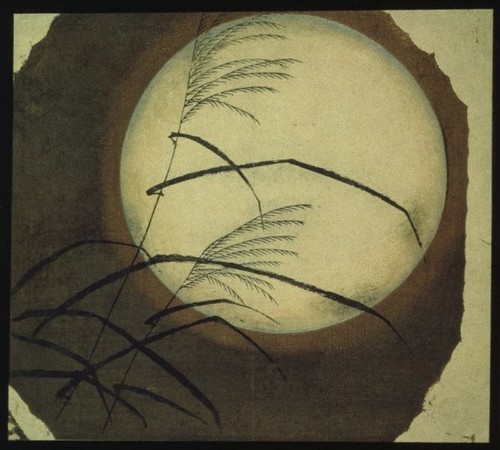
- Not long ago we listened to Der Zwerg, a fairly uncommon song by Schubert, pretty disturbing and dark. It was performed by Florian Boesch and Malcolm Martineau.
- A couple of months ago, I talked about the most famous work by Schubert, although not his most famous Lied: Ellens Gesang III, one of the seven songs written by Schubert from Walter Scott's Lady of the Lake. We listened to Gundula Janowitz and Irwin Gage's version.
- There're still three more songs that we listened or, at least, we talked about, which are three Mignon's songs. Schubert wrote two versions of Heiss mich nicht reden, out of which we listened to the second one, the same that Anna Lucia Richter is singing now (ie, D. 877/2). It can be found in its corresponding post on the Wilhelm Meister's song series and the performers were also Gundula Janowitz and Irwin Gage.
- We didn't listen to any of the So lasst mich scheinen written by Franz Schubert, but we listened to the one by Hugo Wolf (with Elizabeth Schwarzkopf and Gerald Moore), at the post where I talked about the song within the novel context, and the one by Robert Schumann, with Lorraine Hunt Lieberson and Julius Drake, at the post where I told you Mignon's story. I'm linking the two of them just in case you want to compare different songs from the same poem.
- Schubert is, as far as I know, the only composer who wrote Nur wer die Sehnsucht kennt as a duo, as it appears on Wilhelm Meister's Apprenticeship. We listened to that Lied, the D. 877/1, performed by Simon Keenlyside, Angelika Kirchschlager and Julius Drake. However, Schubert added a version for a single voice to the same opus, the D. 877/4, so as one singer would be able to sing the three poems, as Anna Lucia Richter will do.
And after this post, September arrives... I’ll do my best to get back to normal asap to prepare our new course together…
Füllest wieder Busch und Tal
Still mit Nebelglanz,
Lösest endlich auch einmal
Meine Seele ganz.
Breitest über mein Gefild
Lindernd deinen Blick,
Wie des Freundes Auge, mild
Über mein Geschick.
Rausche, Fluss, das Tal entlang,
Ohne Rast und Ruh,
Rausche, flüstre meinem Sang
Melodien zu,
Wenn du in der Winternacht
Wütend überschwillst,
Oder um die Frühlingspracht
Junger Knospen quillst.
Selig, wer sich vor der Welt
Ohne Hass verschliesst,
Einen Freund am Busen hält
Und mit dem geniesst,
Was, von Menschen nicht gewusst
Oder nicht bedacht,
Durch das Labyrinth der Brust
Wandelt in der Nacht.
You fill bush and valley again
quietly with a splendid mist
and finally set loose
entirely my soul.
You spread over my domain
gently your gaze,
as mildly as a friend's eye
over my fate.
Murmur, river, beside the valley,
without rest and calm;
murmur on, whispering for my song
your melodies,
Whenever you, on winter nights,
ragingly flood over,
or, in the splendor of spring,
help swell young buds.
Blissful is he who, away from the world,
locks himself without hate,
holding to his heart one friend
and enjoying with him
that which is unknown to most men
or never contemplated,
and which, through the labyrinth of the heart,
wanders in the night.
(translation by Emily Ezust)














Comments powered by CComment